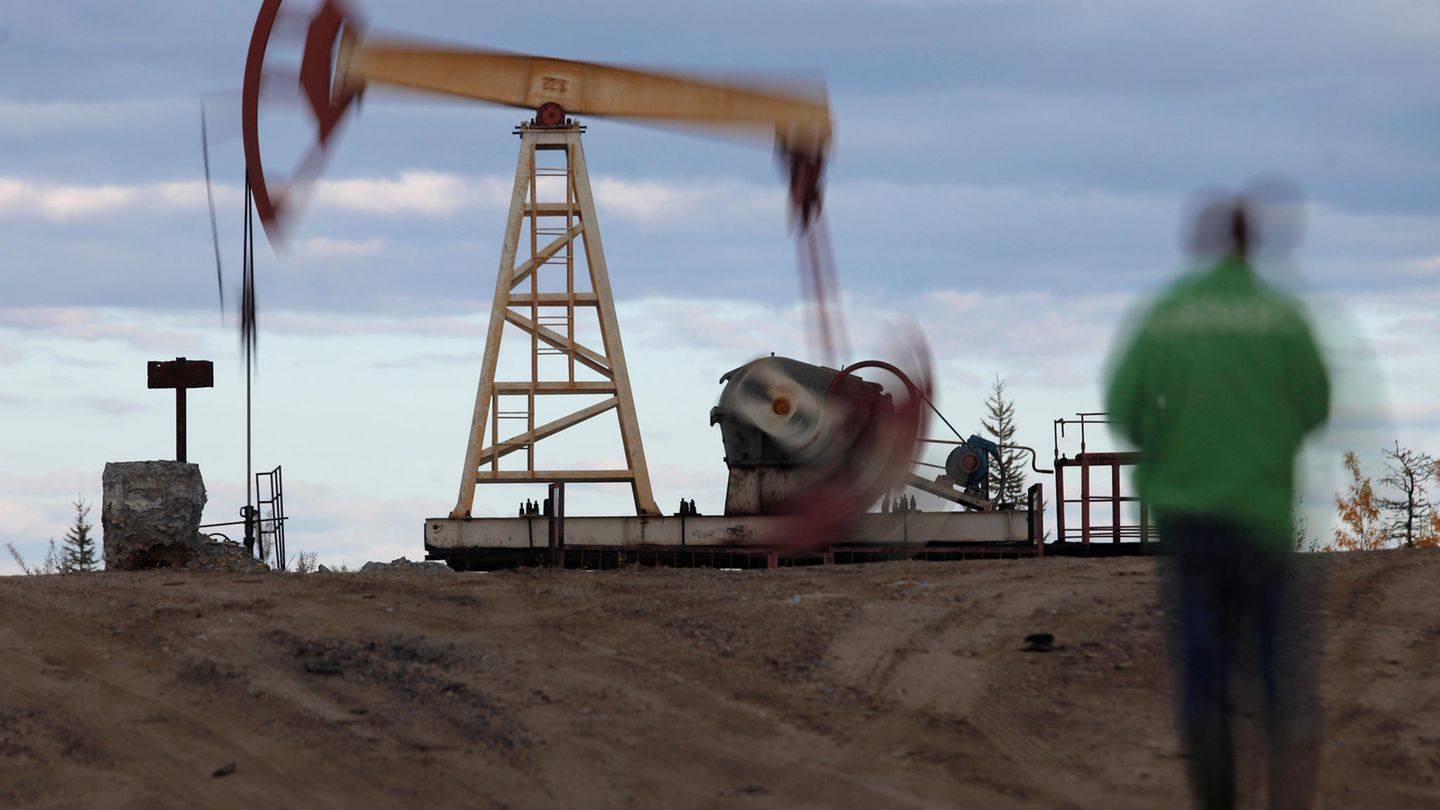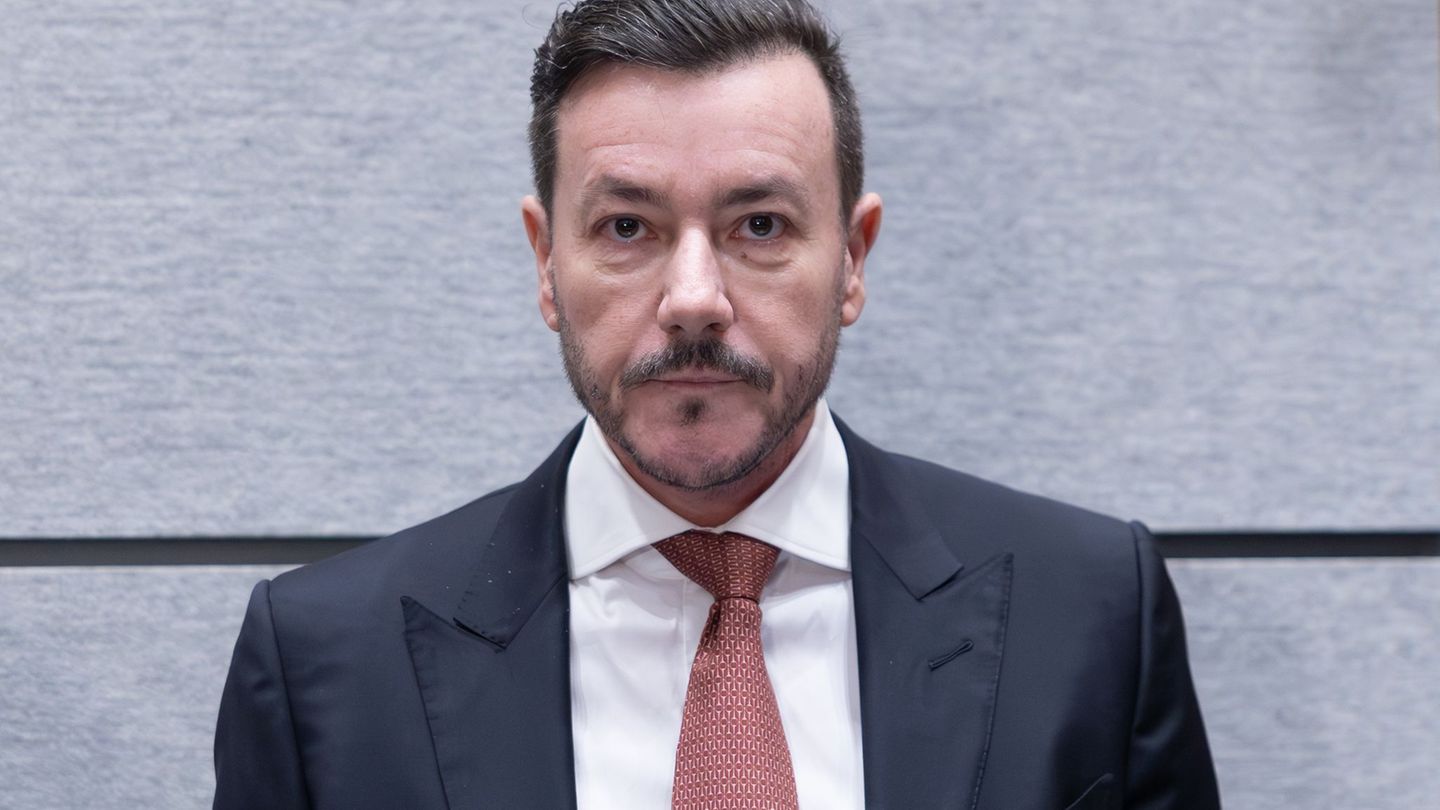analysis
The Ukraine war makes us painfully aware again of how dependent Germany is on foreign countries when it comes to supplying electricity. At the same time, it shows the mendacity of our climate policy.
Climate activists are likely to look to Berlin with a bossy look these days, where Federal Economics Minister Robert Habeck is trying to dispel all fears of possible supply bottlenecks in electricity. The gas storage tanks are full, he recently emphasized. And even after the latest announcement by the Russian energy giant Gazprom, the minister remains calm. From now on, ten million cubic meters of gas are missing from Russia every day, but: “That’s a lot that can be offset, and the companies are in the process of procuring the gas from other sources”. According to Habeck, Germany has prepared for these and other conceivable situations. So far so good.
And yet the economics minister cannot help but issue a warning: By next winter, the storage facilities should be fuller than last. Because nobody knows “which escapades Russia will still hit”. An uncomfortable winter is not excluded. It remains to be seen whether it is because Russia has completely turned off the energy tap for the Germans or whether the citizens have to shiver because of the unaffordable prices.
As a climate activist, one could now argue: If Germany had knelt much earlier and really deeply into the expansion and storage of renewable energies, then we would probably be far more independent of Russian arbitrariness today. In the spring, the Federal Republic obtained 55 percent of its natural gas, 30 percent of its oil and 46 percent of its hard coal from Russia. Habeck’s Ministry of Economics has drawn up a law according to which German electricity should come almost entirely from renewable sources by 2035. Wind energy on land is therefore to be doubled by 2030 and even quadrupled at sea. The Ministry for the performance of solar systems is planning something similar. The realization that independence is now more than advisable comes too late.
Fossil projects on the rise
In the short and long term, Germany will therefore not be able to get rid of fossil fuels. Among other things, the contracts that Germany has concluded with the energy companies are proving to be a brake here. The country has made a commitment to Gazprom to purchase 40 million cubic meters of gas by 2030. Otherwise Germany has to pay for the costs. That being said, the war is sapping government efforts to become carbon neutral. One could almost think that there is a threat of a boom in fossil fuels.
Gas is to be pumped off Borkum from 2024 and more oil is to be drilled off Schleswig-Holstein from 2025. The project on the Mittelplate platform is being supported by the Wintershall Dea group, of all people, by the otherwise climate-conscious Greens – whose federal association, however, did not want to comment on request. The party had to cancel for “capacity reasons” and asked “politely for your understanding”. Hopefully the voters who voted for the party because it was green can understand that too.
However, since the energy demand far exceeds what could still be produced in the North Sea, and we need the energy now, Germany is meanwhile looking around for other energy partners. Habeck would like to have liquid natural gas shipped from Canada in the near future. And the USA, Norway and the Netherlands are also potential partners. Chancellor Olaf Scholz has already announced the construction of two liquefied natural gas (LNG) terminals to facilitate LNG supplies from the US or Qatar.
The mendacity of climate policy
Good and nice that Germany is trying to prevent the worst. The fact that Robert Habeck is so committed here speaks for his sense of responsibility towards the population – and ultimately also for himself. However, it also reveals the fickleness of his party, which is concerned about climate protection.
The alternatives should be deeply relatable to the Greens. Instead of purchasing the natural and liquid gas produced with high methane emissions and environmentally harmful fracking methods, which is delivered via the oceans anyway and whose transport costs additional energy, the Greens should primarily advocate the rapid expansion of renewables and their storage options. If not now then when?
The funding of fossil fuel projects in the Wadden Sea is – beyond all environmental concerns – anything but optimal. It will be at least two years before the first deliveries are available in Germany. However, the contracts would run for decades and stand in the way of Germany’s climate goals. The projects are also not very profitable. The Wintershall Group announced that it would produce 2 million cubic meters of oil by 2041. This would cover 0.1 percent of Germany’s annual energy needs.
In these days of war, the dream of a green Germany is once again becoming a distant dream – although it is within reach. Even if German gas and oil production is very low in international comparison and the use of renewable energies is progressing, we are not as green as we would like. Because we are still dependent on fossil drips, even if others take over the gas and oil production for us. The bottom line is that this hardly changes anything in our climate balance. As long as we obtain fossil fuels from abroad, we are also jointly responsible for the emissions. Closing down coal mining in Germany does not make us greener – but our climate policy more mendacious.
Source: Stern
David William is a talented author who has made a name for himself in the world of writing. He is a professional author who writes on a wide range of topics, from general interest to opinion news. David is currently working as a writer at 24 hours worlds where he brings his unique perspective and in-depth research to his articles, making them both informative and engaging.




